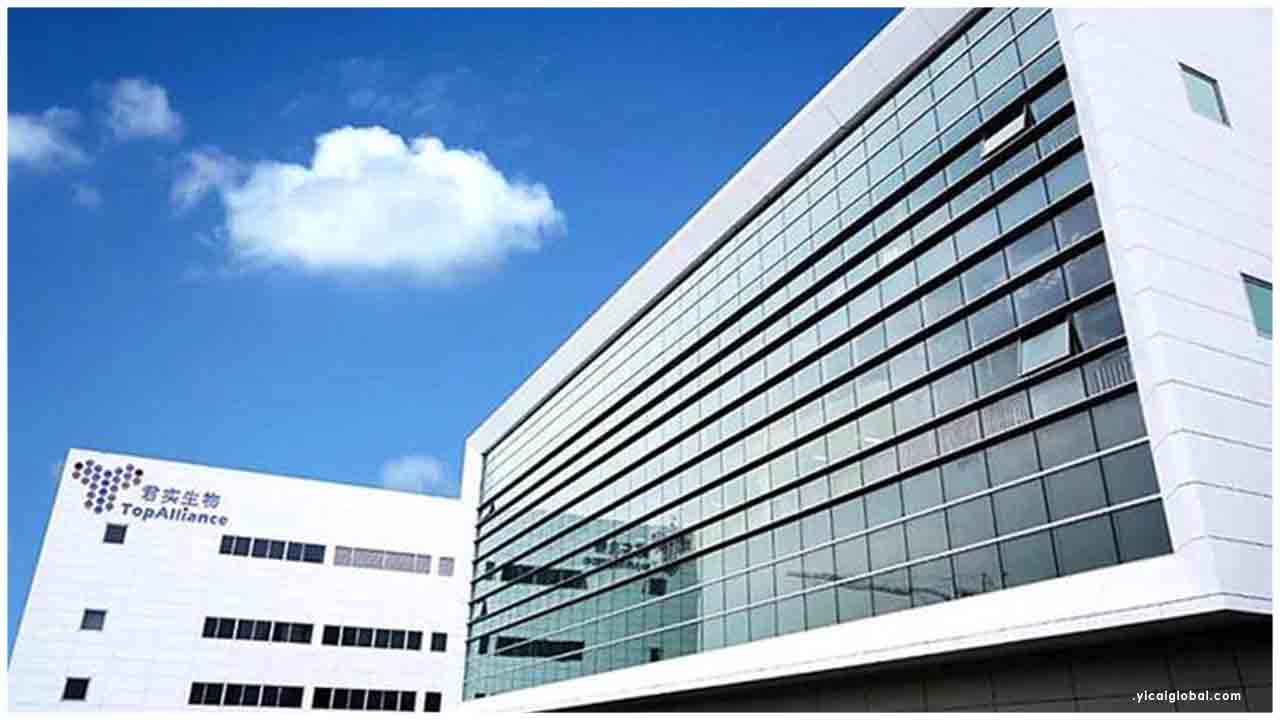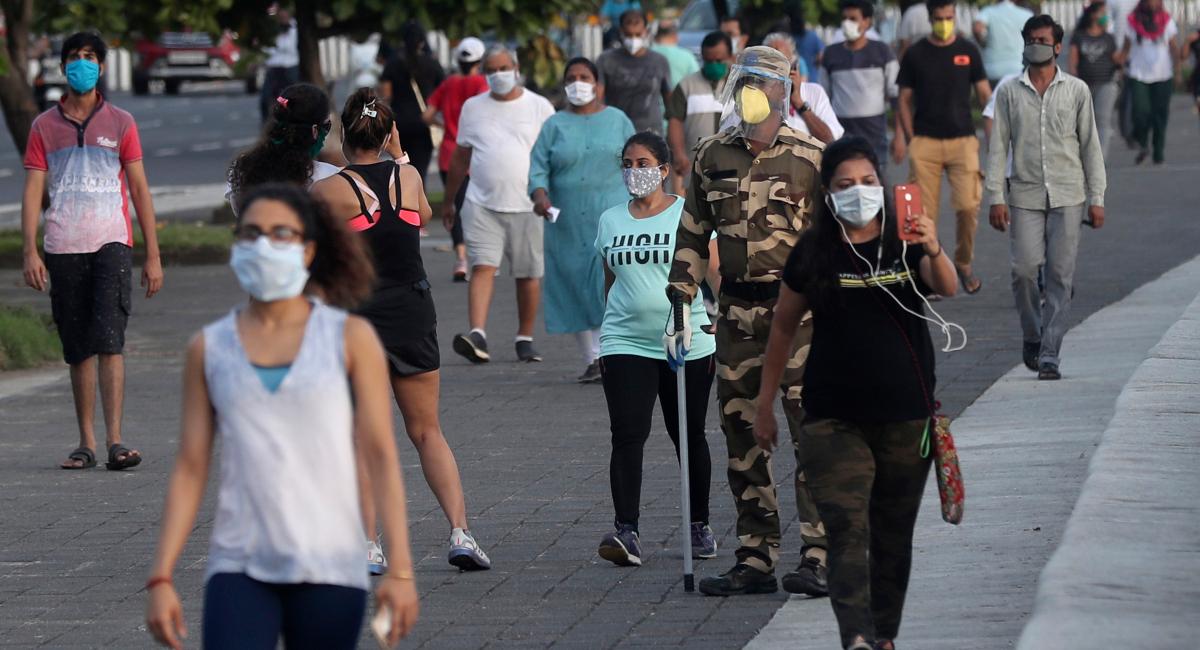Junshi Biosciences Receives FDA Breakthrough Therapy Designation for Toripalimab for the Treatment of Nasopharyngeal Carcinoma . First anti-PD-1 antibody from China to receive BTD, Junshi Biosciences, a leading innovation-driven biopharmaceutical company dedicated to the discovery, development and commercialization of novel therapies, announced today that the US Food and Drug Administration (FDA) has recently granted Breakthrough Therapy designation (BTD) to Toripalimab for the treatment of nasopharyngeal carcinoma. Toripalimab is the first anti-PD-1 antibody from China to receive the Breakthrough Therapy designation, which is another important regulatory milestone for Toripalimab after FDA granted orphan drug designation for this indication in May 2020.
“The Breakthrough Therapy designation granted by FDA recognizes the significant clinical benefits Toripalimab has shown for the treatment of nasopharyngeal carcinoma,” commented Dr. Ning Li, Chief Executive Officer of Junshi Biosciences. “Junshi prioritizes cancer types with high prevalence in China such as nasopharyngeal carcinoma, lung and liver cancer, but we found that great unmet medical needs also exist in other countries where patients are endangered by this deadly disease. The BTD will allow us to work with the FDA closely to bring the therapy to patients worldwide expeditiously.”
The Breakthrough Therapy designation is derived from the provisions of the US Food and Drug Administration Safety and Innovation Act (FDASIA) and aims to expedite the development and review process of drugs intended to treat a serious condition when preliminary clinical evidence indicates that the drug may result in substantial improvement over available therapies on a clinically significant endpoint. BTD is another important new drug review channel for the FDA following the fast track, accelerated approval, and priority review. According to regulations, the drug development process that has obtained breakthrough drug therapy certification will receive closer guidance and various forms of support, including from senior FDA officials, to ensure that patients are provided with new treatment options in the shortest time. The FDA Breakthrough Therapy designation for Toripalimab for the treatment of nasopharyngeal carcinoma can significantly support and accelerate the commercial development plan of Toripalimab in the United States.
About NPC
Nasopharyngeal carcinoma (NPC) is a malignant tumor that occurs in the mucosal epithelium of the nasopharynx, mostly in the parietal and lateral walls of the nasopharynx, especially in the pharyngeal recess. There were 129,000 new cases worldwide in 2018. NPC is one of the most common malignant tumors in China. The incidence of NPC in Chinese population is significantly higher than the world average. It is particularly higher in certain geographical areas. For example, the annual incidence of NPC in Guangdong is 20 to 40 per 100,000. Early nasopharyngeal carcinoma patients have a good therapeutic effect with 90% can be cured or be tumor-free for a long time. However, early nasopharyngeal carcinoma patients lack specific clinical symptoms. About 80% of them have entered the middle and advanced stage when clinically diagnosed, with lymph node metastasis or distant metastasis. After development of distant metastasis, the 5-year survival rate is less than 50%.
About Toripalimab
Toripalimab is an anti-PD-1 monoclonal antibody developed by Junshi Biosciences.
Toripalimab received its first approval for 2nd line treatment of metastatic melanoma on December 17, 2018 in China and was commercially launched in February 2019. So far, more than 30 clinical studies covering more than ten indications have been carried out in China, the United States and other countries.
In April 2020, the supplemental New Drug Application (“NDA”) of Toripalimab Injection for the treatment of new indications of recurrent/metastatic nasopharyngeal carcinoma after failure of second-line and above systemic treatment has been accepted by the NMPA. The supplemental NDA is the world’s first NDA of anti-PD-1 monoclonal antibody for the treatment of recurrent/metastatic nasopharyngeal carcinoma. In addition, JUPITER-02 study (NCT03581786), a Phase III clinical study of Toripalimab Injection combined with chemotherapy as a first-line treatment in patients with recurrent or metastatic nasopharyngeal carcinoma has completed the enrollment. In May 2020, the supplemental NDA of Toripalimab Injection for the treatment of new indications of locally advanced or metastatic urothelial carcinoma after systemic treatment has been accepted by the NMPA.
In March 2020, Toripalimab in combination with axitinib in the treatment of mucosal melanoma was granted the orphan-drug designation by the FDA. In May 2020, Toripalimab was granted the orphan-drug designation by the FDA in the treatment of nasopharyngeal carcinoma.
About Junshi Biosciences
Junshi Biosciences (HKEX: 1877; SSE: 688180) was co-established in December 2012 by alumni of famous universities of China and the United States. The founding team has extensive and solid experience in the cross-border transformation of scientific and technological achievements and substantial expertise in the pharmaceutical industry.
Our priority is researching and developing therapeutic antibodies. We are committed to researching, developing, and industrializing innovative monoclonal antibody drugs and other therapeutic protein drugs. The company has established a diversified R & D pipeline comprising 19 innovative candidate drugs and 2 biosimilars, with five therapeutic focus areas covering cancer, autoimmune diseases, metabolic diseases, neurologic diseases, and infectious diseases. Junshi Biosciences was the first Chinese pharmaceutical company that obtained marketing approval for PD-1 monoclonal antibody and clinical trial approval for anti PCSK9 monoclonal antibody from NMPA. The world’s first in human anti-BTLA antibody for solid tumors was officially approved for drug clinical trials by the FDA and NMPA. From this year onwards, Junshi Biosciences pooled its efforts with Chinese science institutions to co-develop JS016, China’s first neutralizing human monoclonal antibodies against SARS-Cov-2, that has entered clinical trial, part of our continuous innovation for disease control and prevention in China and beyond. We have about 2,000 employees in San Francisco and across Maryland in the United States, as well as Shanghai, Suzhou, Beijing, and Guangzhou, China

 Major breakthrough for treatment of Nasopharyngeal Carcinomar
Major breakthrough for treatment of Nasopharyngeal Carcinomar 












.jpeg)







.jpg)




.jpg)





.jpeg)